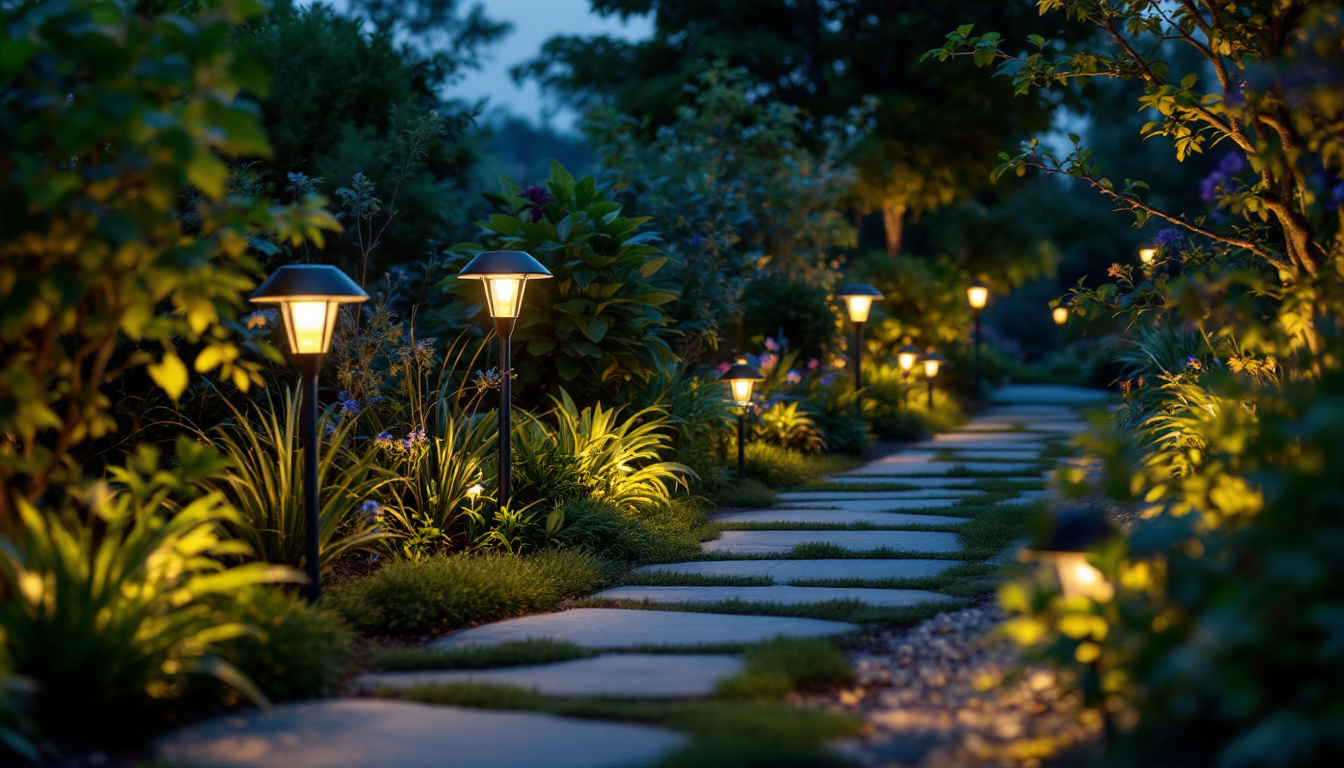
In the ever-evolving world of lighting, understanding the nuances of light bulb conditioning can significantly impact the profitability and efficiency of lighting contractors. This guide delves into the essential aspects of light bulb conditioning, offering insights that can enhance service offerings and ultimately boost profits.
Light bulb conditioning refers to the process of preparing and optimizing light bulbs for specific applications and environments. This process ensures that the bulbs perform at their best, providing optimal brightness and longevity. For lighting contractors, mastering this aspect can lead to improved customer satisfaction and repeat business. Additionally, understanding the nuances of light bulb conditioning can empower contractors to offer tailored solutions that meet the unique needs of each client, thereby enhancing their professional reputation.
Proper conditioning of light bulbs can lead to several benefits. Firstly, it enhances energy efficiency, which is increasingly important in today’s eco-conscious market. Secondly, well-conditioned bulbs reduce the risk of premature failure, minimizing the need for replacements and repairs. Finally, customers appreciate the longevity and reliability of their lighting solutions, which can translate into positive reviews and referrals. Moreover, with the rise of smart lighting technology, conditioning also involves ensuring that bulbs are compatible with smart systems, allowing for seamless integration and control, which further elevates the user experience.
Several factors can influence the performance of light bulbs, including temperature, humidity, and the electrical environment. Understanding these factors allows contractors to select the right bulbs for specific conditions, ensuring optimal performance. For instance, certain bulbs may perform better in cooler environments, while others are designed for high-humidity areas. Additionally, the quality of the electrical supply—such as voltage fluctuations—can significantly affect bulb lifespan and brightness. By conducting thorough assessments of the installation site, contractors can make informed decisions that enhance the overall lighting quality.
Contractors can utilize various conditioning techniques to enhance the performance of light bulbs. These include ensuring proper installation, using compatible dimmers and switches, and regularly maintaining fixtures. By implementing these techniques, contractors can help clients achieve the best possible lighting outcomes. Furthermore, educating clients about the importance of bulb selection and maintenance can empower them to make informed choices in the future. For example, advising on the benefits of LED versus incandescent bulbs can lead to significant energy savings and improved lighting quality, fostering a more sustainable approach to illumination.
Choosing the appropriate light bulb for a specific application is crucial for effective conditioning. Different types of bulbs—such as LED, incandescent, and fluorescent—each have unique characteristics that make them suitable for particular environments.
Understanding the various types of light bulbs available on the market is essential for contractors. LED bulbs, for instance, are known for their energy efficiency and long lifespan, making them ideal for residential and commercial applications. Incandescent bulbs, while less energy-efficient, provide a warm light that many customers still prefer for certain settings. Fluorescent bulbs, on the other hand, are often used in commercial spaces due to their brightness and energy-saving capabilities. Additionally, there are specialty bulbs, such as halogen and smart bulbs, which offer unique features like dimming capabilities and connectivity to home automation systems, further expanding the options available to consumers.
When selecting bulbs, it’s vital to consider the specific application. For example, outdoor lighting may require bulbs that can withstand harsh weather conditions, while indoor lighting may prioritize aesthetics and ambiance. By understanding the context in which the bulbs will be used, contractors can make informed recommendations that meet customer needs. Furthermore, factors such as color temperature and lumen output play a significant role in creating the desired atmosphere. For instance, warmer color temperatures (around 2700K) are often preferred in living spaces to create a cozy environment, while cooler temperatures (5000K and above) are better suited for task-oriented areas like kitchens or workspaces where clarity and focus are paramount. The choice of bulb can dramatically influence not just visibility but also the mood and functionality of a space, making it essential for contractors to be well-versed in these nuances.
Energy efficiency is a key concern for both contractors and their clients. With rising energy costs and increasing environmental awareness, many customers are seeking solutions that minimize energy consumption without sacrificing quality. As a result, the demand for energy-efficient products and services has surged, prompting contractors to stay informed about the latest trends and technologies in the field. This proactive approach not only helps clients save on utility bills but also contributes to a more sustainable future.
LED bulbs are often the go-to choice for energy efficiency. They consume significantly less power than traditional incandescent bulbs and have a much longer lifespan. Additionally, many manufacturers now offer energy-efficient fluorescent and halogen bulbs, providing contractors with a range of options to suit different needs. Beyond their energy-saving capabilities, LED bulbs also come in various color temperatures and designs, allowing for greater flexibility in aesthetics and ambiance. This versatility can be particularly appealing to clients looking to enhance the visual appeal of their spaces while still prioritizing energy efficiency.
Incorporating smart technology into lighting systems can further enhance energy efficiency. Smart bulbs and lighting controls allow users to adjust brightness, set schedules, and even control lighting remotely. Educating clients about these technologies can not only improve their energy savings but also position contractors as knowledgeable professionals in a competitive market. Furthermore, integrating smart home systems can provide additional benefits, such as energy monitoring and automated adjustments based on occupancy or natural light levels. This level of customization not only maximizes energy savings but also enhances the overall user experience, making homes more comfortable and convenient.
Moreover, the rise of home automation systems means that energy efficiency can extend beyond lighting alone. Contractors can explore opportunities to integrate smart thermostats, energy-efficient appliances, and even solar energy solutions into their projects. By offering comprehensive energy-efficient solutions, contractors can help clients achieve a holistic approach to energy management, ultimately leading to greater satisfaction and loyalty. As consumers become more environmentally conscious, the ability to provide such integrated solutions will set contractors apart in a crowded marketplace.
Regular maintenance is essential for ensuring the longevity and performance of light bulbs. By implementing a maintenance plan, contractors can help clients avoid unexpected failures and costly replacements.
Conducting regular inspections of lighting fixtures can help identify potential issues before they escalate. This includes checking for signs of wear, ensuring that bulbs are securely installed, and cleaning fixtures to remove dust and debris that can affect performance. By offering maintenance services, contractors can create a steady stream of income while providing valuable service to clients.
Having a clear replacement strategy is crucial for maintaining optimal lighting conditions. Contractors should educate clients on the signs that indicate a bulb needs replacement, such as flickering or dimming. Additionally, establishing a timeline for bulb replacements based on usage patterns can help clients manage their lighting costs effectively.
Building strong relationships with clients is essential for long-term success in the lighting industry. By providing exceptional service and demonstrating expertise in light bulb conditioning, contractors can foster loyalty and encourage repeat business.
Effective communication is key to understanding client needs and expectations. Contractors should take the time to discuss lighting options, explain the benefits of different bulbs, and provide clear recommendations based on specific applications. This level of engagement not only builds trust but also positions contractors as valuable partners in their clients’ projects.
Implementing follow-up services can further enhance customer relationships. After completing a project, contractors should check in with clients to ensure they are satisfied with their lighting solutions. This proactive approach can lead to valuable feedback, additional service opportunities, and referrals.
In a competitive market, effective marketing is essential for attracting new clients and growing a lighting contracting business. Highlighting expertise in light bulb conditioning can set contractors apart from the competition.
Contractors should leverage their knowledge of light bulb conditioning in marketing materials. This can include blog posts, social media content, and informational brochures that explain the benefits of proper bulb selection and conditioning. By positioning themselves as experts, contractors can build credibility and attract clients seeking reliable lighting solutions.
In today’s digital age, having a strong online presence is crucial. Contractors should invest in a professional website that showcases their services, expertise, and customer testimonials. Additionally, engaging with clients on social media platforms can help build a community and keep potential customers informed about new products and services.
The lighting industry is constantly evolving, with new technologies and regulations emerging regularly. Staying informed about these trends is essential for contractors to remain competitive and provide the best service to their clients.
Participating in workshops, seminars, and industry conferences can provide valuable insights into the latest developments in lighting technology and regulations. Many organizations offer training programs specifically designed for lighting contractors, covering topics such as energy efficiency, smart lighting, and installation techniques.
Networking with other professionals in the industry can also provide valuable information and resources. Joining industry associations or local contractor groups can facilitate connections with peers, suppliers, and potential clients, creating opportunities for collaboration and growth.
Understanding and implementing effective light bulb conditioning techniques can significantly boost profits for lighting contractors. By choosing the right bulbs, maximizing energy efficiency, maintaining performance, and enhancing customer relationships, contractors can position themselves as leaders in the industry. As the market continues to evolve, staying informed and adapting to new trends will ensure sustained success and profitability.
In a competitive landscape, the ability to offer expert advice on light bulb conditioning not only enhances service offerings but also builds trust and loyalty among clients. By prioritizing education, effective communication, and marketing strategies, lighting contractors can thrive in a dynamic environment, ultimately leading to increased profits and a solid reputation in the industry.
Ready to elevate your lighting projects and outshine the competition? At LumenWholesale, we provide lighting contractors like you with the highest quality, spec-grade lighting products at prices that can’t be beaten. Say goodbye to local distributor markups and hello to a vast selection of reliable, high-performance lighting that meets the most stringent industry standards. With our commitment to affordability and convenience, you’ll enjoy free shipping on bulk orders, ensuring you get the premium lighting you need at the best value. Don’t compromise on quality or cost. Wholesale Lighting at the Best Value is just a click away. Make the smart choice for your business and join the LumenWholesale family today.

Discover the most energy-efficient lighting options with our expert guide tailored for lighting contractors.

Discover the common pitfalls lighting contractors face when installing solar light gardens and learn how to avoid them for flawless, sustainable outdoor illumination.

Discover essential tips for selecting and installing garden solar lights to enhance your outdoor space without breaking the bank.

Discover the transformative power of UVC lights in the lighting industry with our comprehensive guide for contractors.